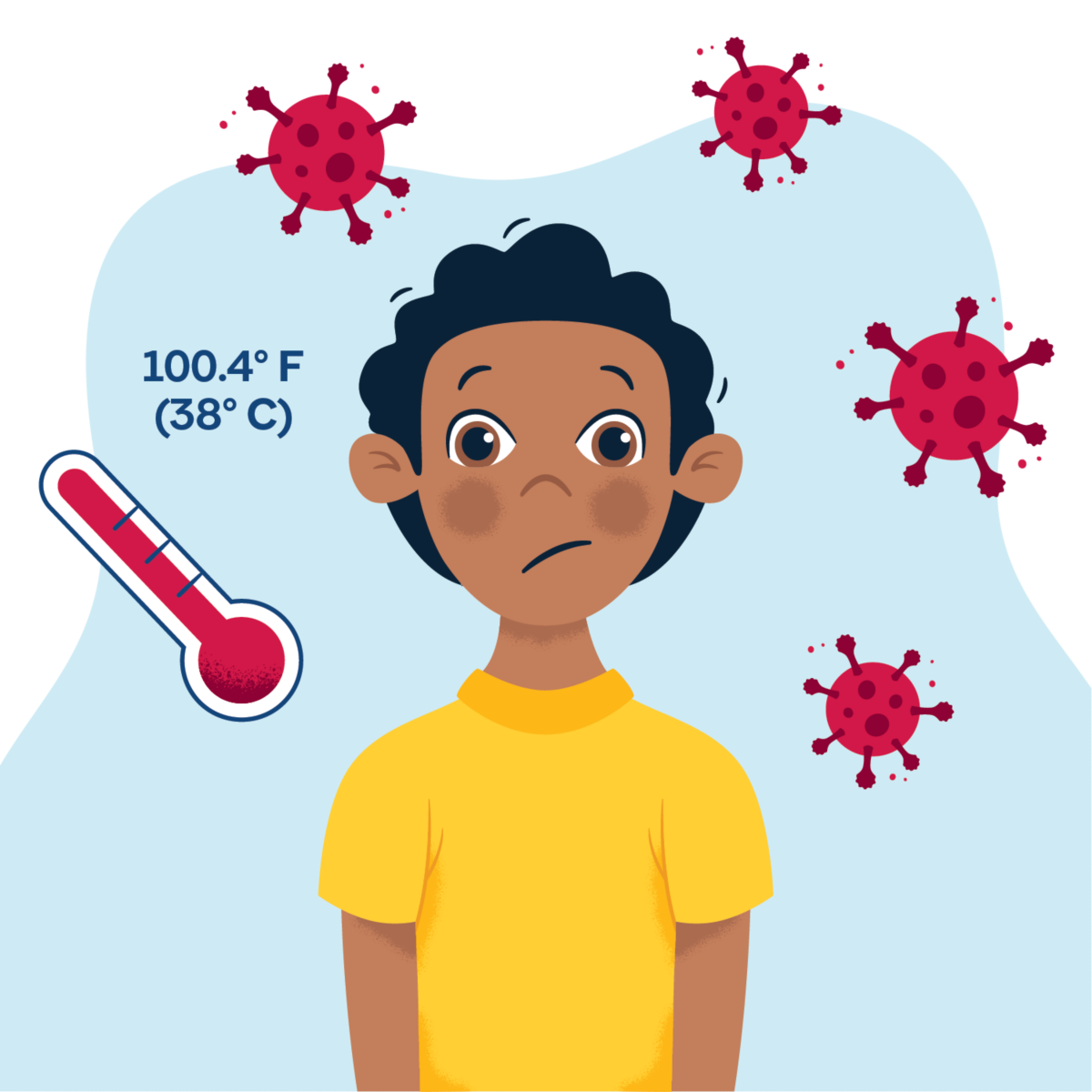when should you go to the hospital for a fever with covid
You are struggling to breathe. In this instance as well its important to call ahead before showing up at the urgent care.

Covid 19 Symptoms Coronavirus Disease Covid 19
Many people with COVID-19 have low oxygen levels which according to the CDC can be life-threatening.
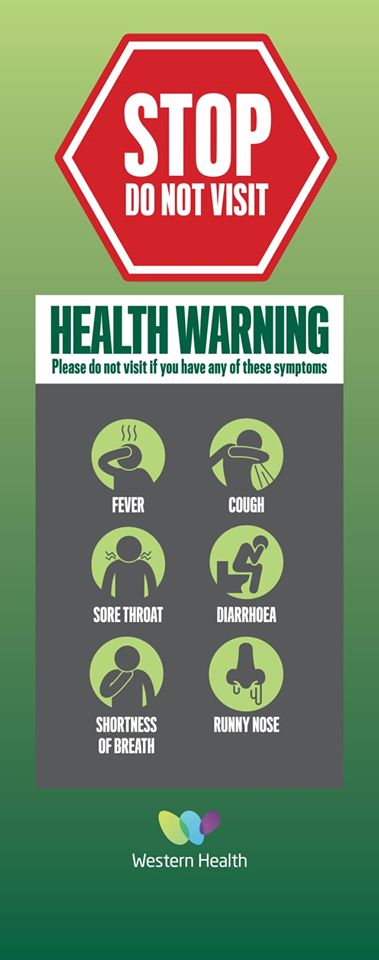
. Most people experience mild-to-moderate disease. Fever is one of the ways your body tries to fight off infection. These COVID-19 symptoms are a sign you should get to a hospital Back to video.
The more typical symptoms of COVID-19 include. Some people have shown up to the ER looking for a. Some people dont have fever at all.
Shortness of breath while at rest. It may be worth scheduling a video chat with your doctor first if they offer telemedicine services. 101F or higher If youre immunocompromised or over 65 years of age and are.
A baby under 3 months old with any temperature over 1003 F 1. Severe COVID-19 symptoms to watch include. The American College of Emergency Physicians stresses the following.
You should contact your healthcare provider if you have any of the following symptoms along with fever. There are 756 people hospitalized in Utah with COVID-19 and 22 additional deaths from the virus. However there can be a thin line.
Trouble breathing or struggling to catch your. That is why it is important to be fever-free. Or trouble breathing call your physician at AdventHealth or your local health.
Call your doctors office if you develop the signature symptoms associated with COVID-19 including. Your oxygen levels are low. COVID-19 symptoms including fever can start anywhere from 2 days to 2 weeks after exposure to the virus.
If you or a family member has a fever defined by the CDC as 1004º F or 38º C or higher. Some treatments might have side effects or interact with other medications. MIS-C often leads to hospitalization Oliveira says.
Luke Lawton is urging people to be patient while seeking treatment at emergency departmentsSupplied. When you call let them know you could be experiencing symptoms of COVID-19. Contact a health professional right away after a positive test to determine if you may be eligible even if your symptoms are mild right now.
When you call let them know you could be experiencing symptoms of COVID-19. It should be started as soon as possible and must begin within 5 days of when your symptoms start. If you develop symptoms of a kidney infection go to an urgent care center or a hospital as soon as you can.
After living with COVID for almost a year now we all know what many of the common symptoms arelike a fever dry cough and fatigue. The fever lasts for more than 48 hours. You should see your provider or go to the emergency room if you have a fever along with one or more of the following symptoms.
Fever can be one of the first signs of COVID-19 or fever can appear later during the illness. New shortness of breath. Dry cough fever breathing getting more difficult.
103F or higher Contact your health care provider. A baby under 3 months old. Fever above 1004 Fahrenheit New cough.
Significant or worrisome cough that is increasing. Severe headache or neck stiffness. If its beyond 10 days I would say its more likely happening to people who are unvaccinated.
Hospitalizations for people with COVID-19 have reached record highs with over 145000 people in hospital beds this week. In this instance as well its important to call ahead before showing up at the urgent care. It can be persistent constant or come and go for a few days or even weeks.
For example you feel too short of breath to get out of bed or you are struggling to stay hydrated or keep fluids down. With Omicron the most common mild symptoms include a fever 38 degrees Celsius or. 105F Go to the emergency room.
People who fall into this category often recover without hospital treatment within 12 weeks. In general if youre in the hospital its because youre unvaccinated. You have a medical condition that makes it.
If you have a sustained pulse oximeter reading of less than 92 or a sustained fever for a week go to the emergency room. It usually occurs one to two weeks after infection with COVID-19 and manifests with persistent fevers rash red eyes abdominal pain and. Your symptoms are interfering with your ability to care for yourself.
Your emergency room provider will likely recommend you stay in the hospital if. Symptoms of coronavirus are often mild but in some cases can become serious and life-threatening. Townsville University HospitalThe Queensland Ambulance Service.
When to go to the hospital when you have COVID-19. Utahs rolling seven-day average for positive tests is 10762 per day and the.
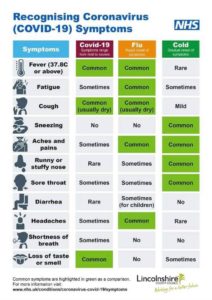
Covid 19 Latest Staff Updates And Faqs
Timeline Of Covid Symptoms Lloydspharmacy Online Doctor Uk
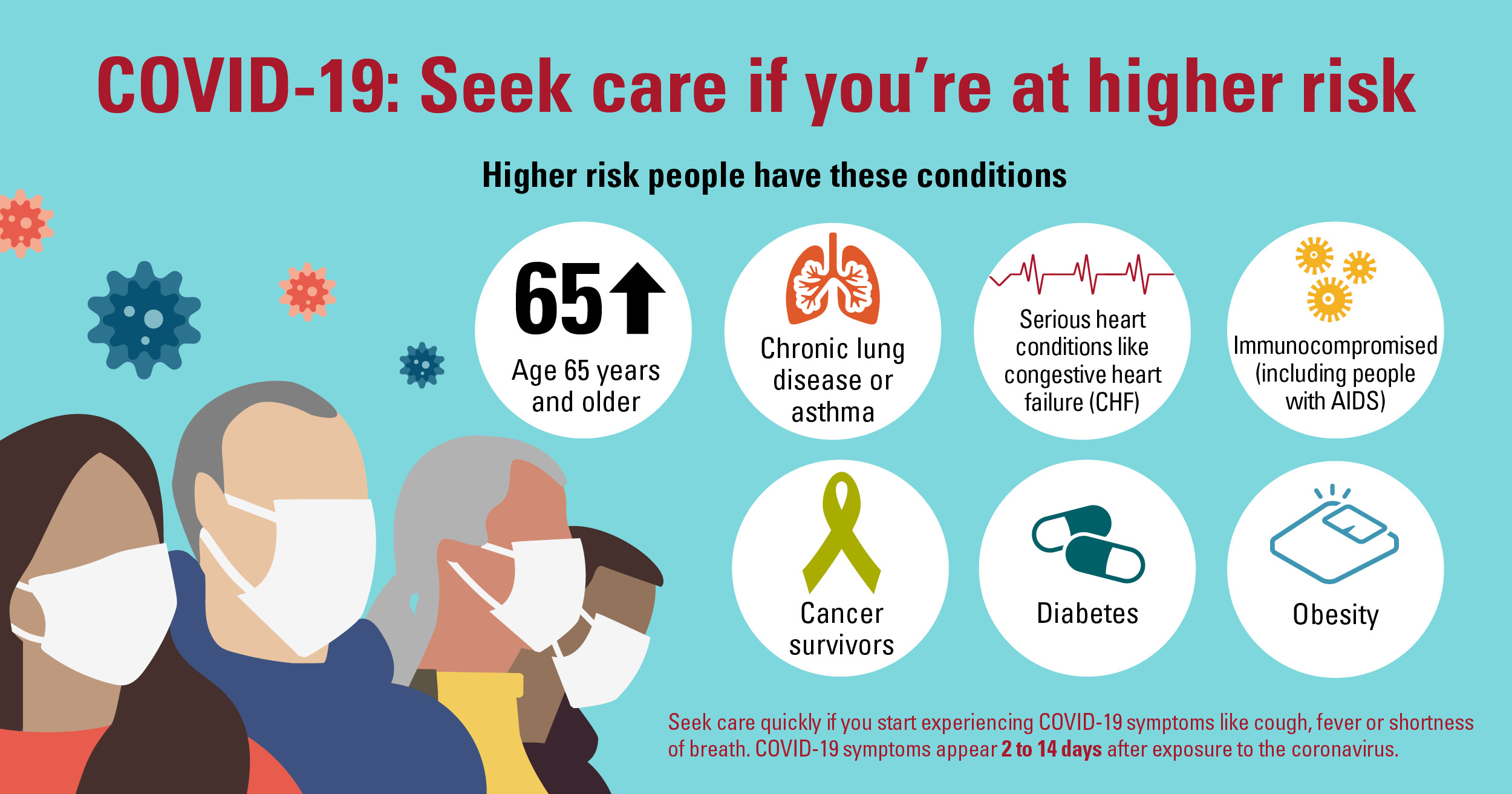
Covid 19 Warning Don T Wait Until It S Too Late Nebraska Medicine Omaha Ne
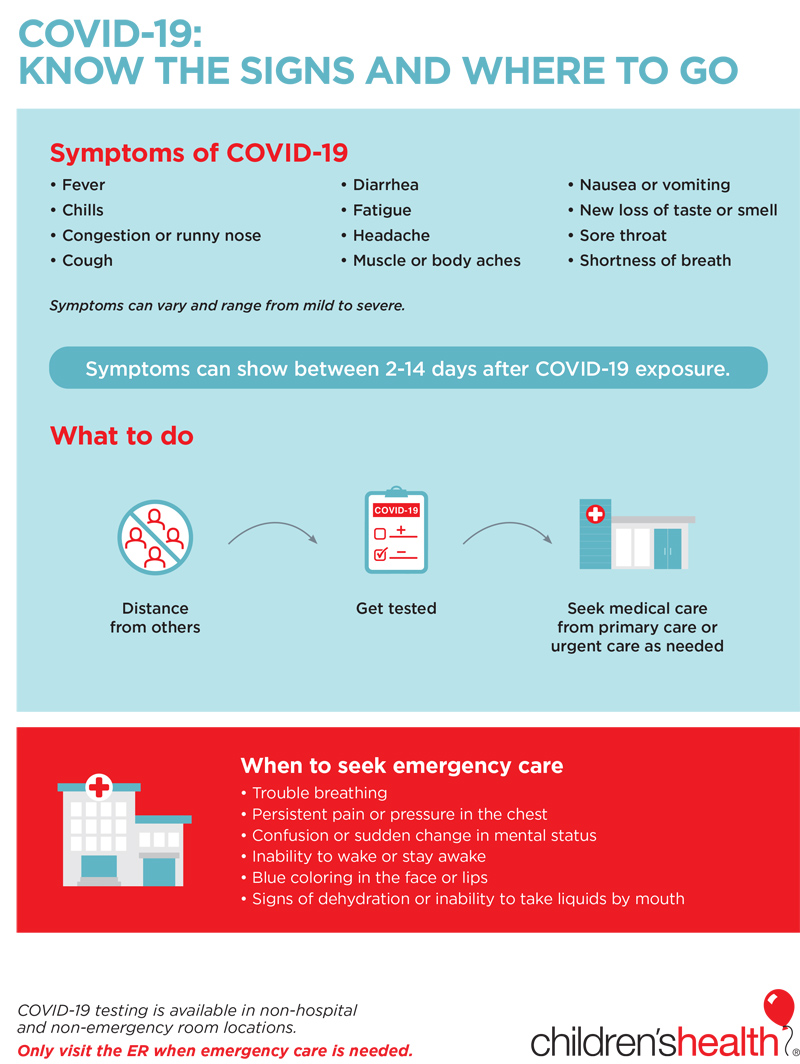
When To Go To The Er For Covid 19 Children S Health

Possible Side Effects Of Covid 19 Vaccine Bangkok Hospital

Think You Might Have Covid 19 Try This Self Triage Tool First Stat

Symptoms That Require Immediate Medical Attention Scripps Health

When Should I Go To The Er For A Fever Goodrx
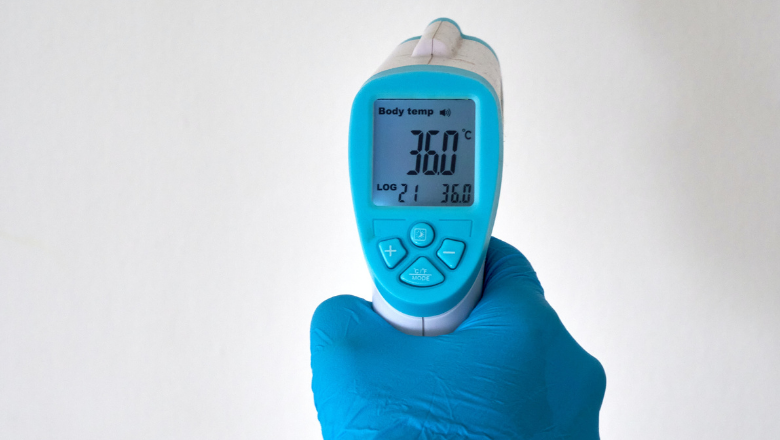
Covid Fever Temperature Should Be Adjusted For Age New Study Finds

Fever And High Temperature In Children And Babies When To See A Doctor Healthdirect

Best Thermometer To Use During Covid 19
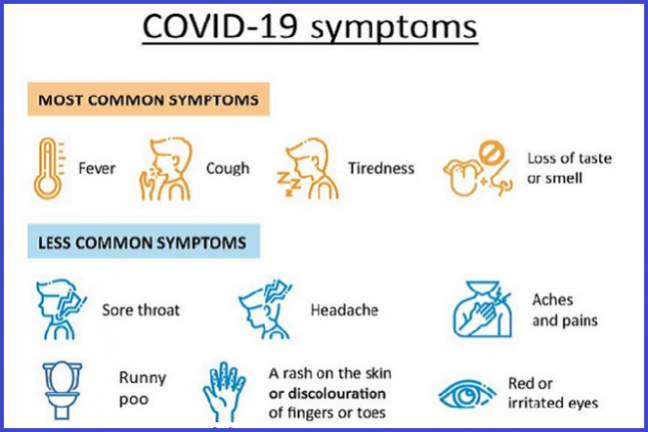
Covid 19 Positive Caring For Your Child At Home Health Navigator Nz
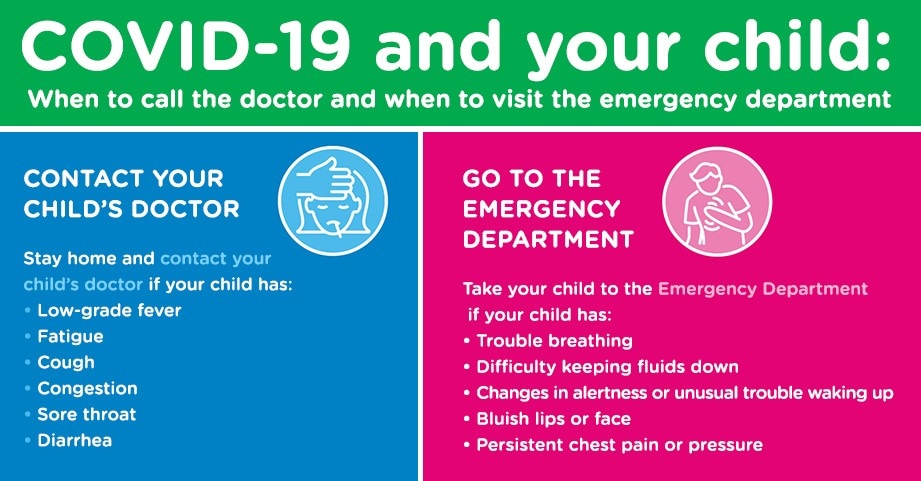
Covid 19 Testing For Kids Children S Healthcare Of Atlanta

Latest Update For Our Community

Covid 19 Without A Fever Physicianone Urgent Care
.jpg)
When To Go To The Er With A Fever Advance Er

Fever In A Newborn Children S Hospital Of Philadelphia

Covid 19 Cold Or Flu Symptoms Should I See A Doctor Science In Depth Reporting On Science And Technology Dw 14 10 2020
